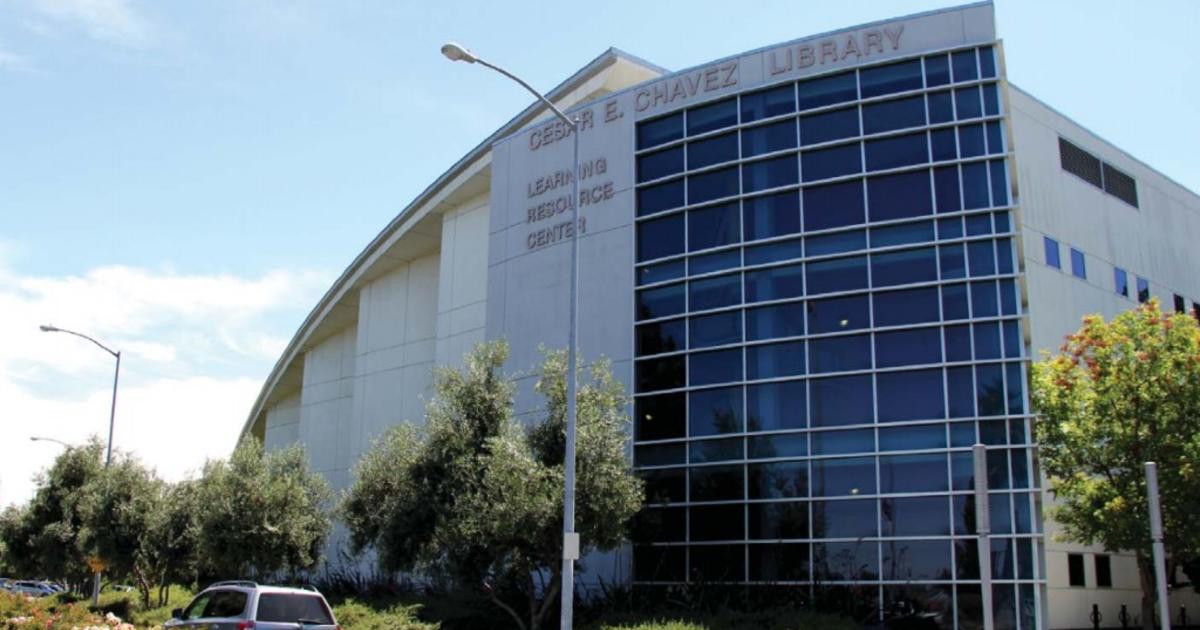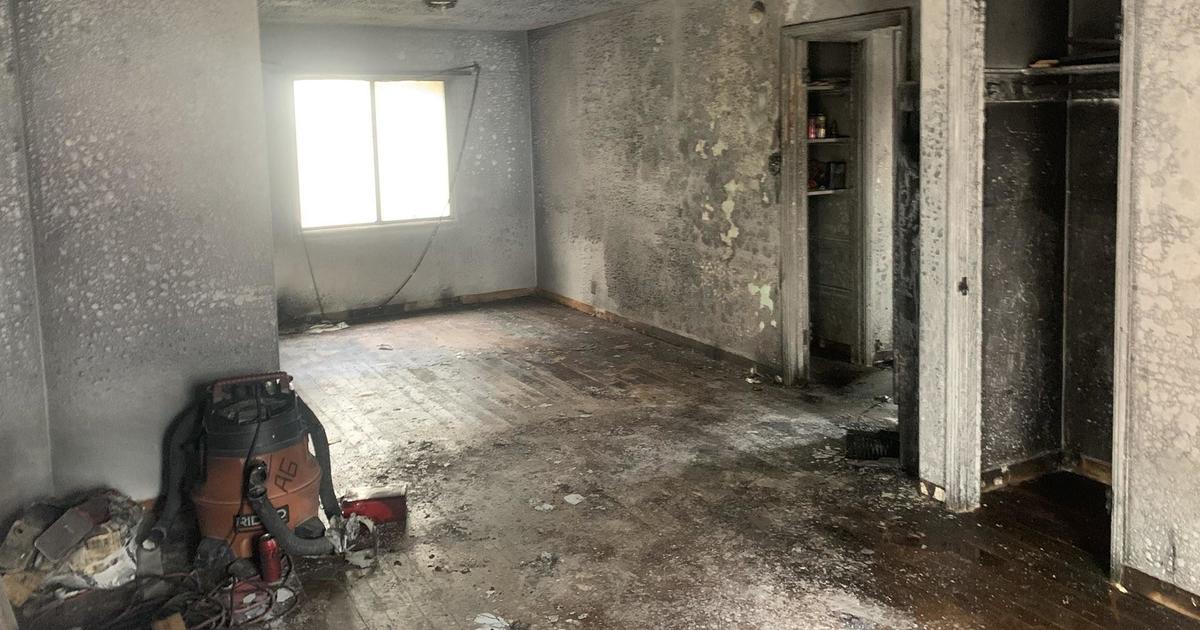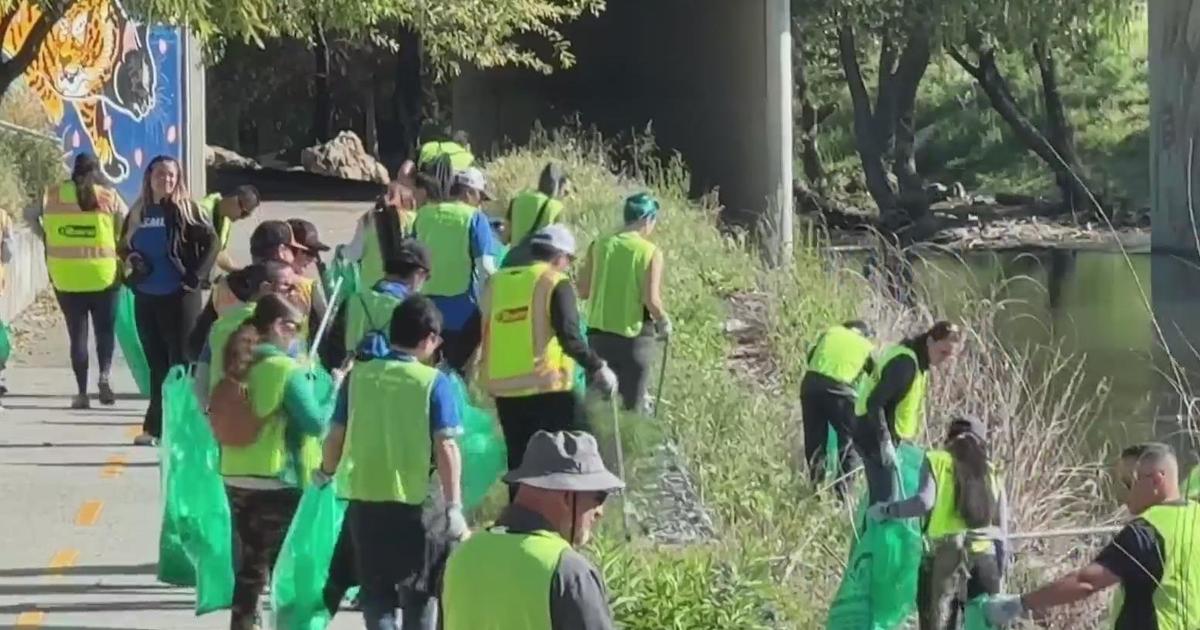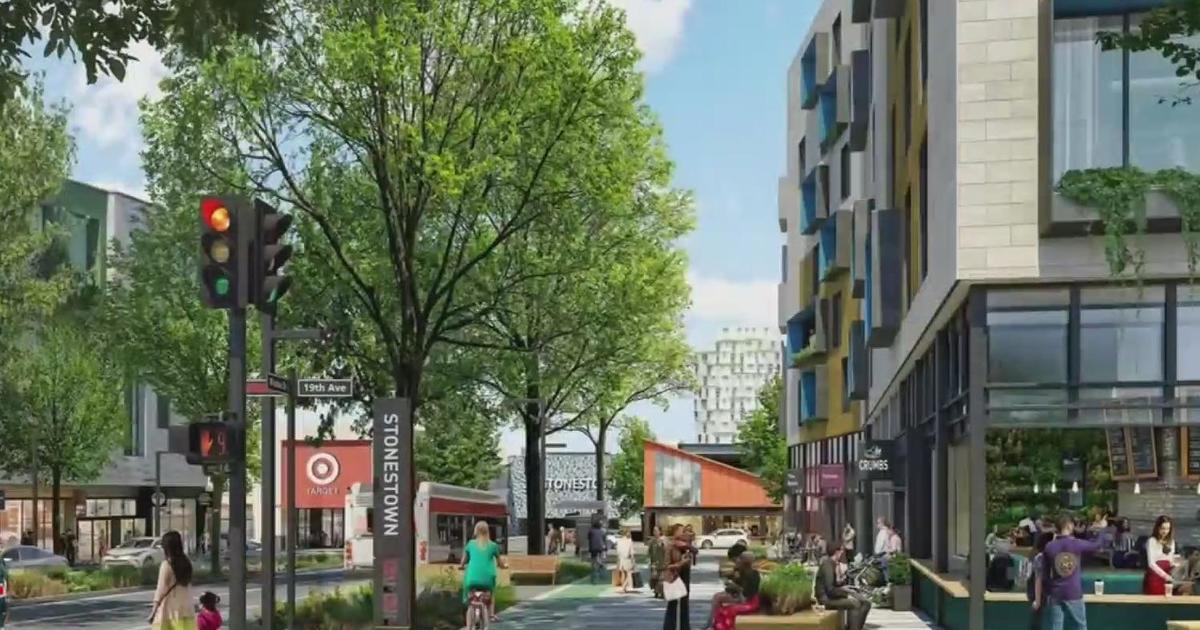SJPD Begins Documenting 'Curb-Sit' Detentions Following Racial Profiling Claims
SAN JOSE (CBS SF) - The San Jose Police Department has started a new method of documenting "limited detentions," or stops in which people are temporarily ordered to sit on a curb or in a police cruiser during an investigation, a police spokeswoman said Tuesday.
As of Sunday, officers holding people in such detentions must call in details about the stops to police dispatchers who then enter the data into the department's computer-assisted dispatch, or CAD, system, police Sgt. Heather Randol said.
Details about the detainees, including the reason why they were stopped, their race, whether they were detained or searched and the disposition of the incident, would then be searchable in the system's database, Randol said.
A person held in a limited detention may or may not be handcuffed.
"The goal of our limited detention policy is just to increase transparency and accountability in our Police Department and to better our relationship with the community by doing that," Randol said.
San Jose Police Could Be 1st Department In U.S. To Record Age And Race Of Every Person Stopped
Community members will now have a better understanding of officers' activities, she said.
"I think it's going to paint a picture of what they are doing out on patrol every day," Randol said.
She called the department's officers professional and "hard-working."
"We still hold them to the same standard we always have, and they will continue to do so," Randol said. "And the community will be able to see that."
Minority groups in San Jose have had concerns about the number of Latinos and African Americans being stopped by police.
"Am I stopped or detained because of race, age? Is there probable cause? Was this stereotyping or racial profiling?" Raj Jayadv, director of Silicon Valley De-Bug told KCBS. Jayadv is one of several community leaders applauding the move by police to help see if racial profiling is actually taking place.
The policy is in response to a 2012 report by Independent Police Auditor LaDoris Cordell that stated that some non-whites in San Jose who were ordered by police to "curb sit" felt they were detained because of their race.
Cordell Tuesday praised the new police policy, saying it was created "in a very thoughtful fashion."
She said she believes the San Jose Police Department is the only police department to require such documentation.
Cordell said the new policy offers protection both for police officers and the community as a whole.
"This is a major, major step forward toward building trust," Cordell said.
Another step would be for police officers to wear video cameras on their uniforms to record their work, "but until that happens, this is the best possible thing the Police Department can do," Cordell said.
Randol said that until now, the department has not been documenting the details of its limited detentions, Randol said.
"Going forward we will be able to track it and then sometime down the line we will take a look at trends," Randol said.
Assessing trends in police detentions will take some time, Randol said.
"We need to have a big pool of information to do something that would be meaningful," Randol said. "We just wouldn't have enough to do that right now."
The first phase of the program will include having officers call in data to dispatchers about people detained during traffic and pedestrian stops, Randol said.
In the next phase, which starts in November, officers will have the option of calling in the data on detainees or entering it themselves on personal computers in their patrol cars, Randol said.
Giving officers the ability to enter the details into the system on their own will free up airtime for dispatchers, Randol said.
(Copyright 2013 by CBS San Francisco and Bay City News Service. All Rights Reserved. This material may not be published, broadcast, rewritten, or redistributed.)



